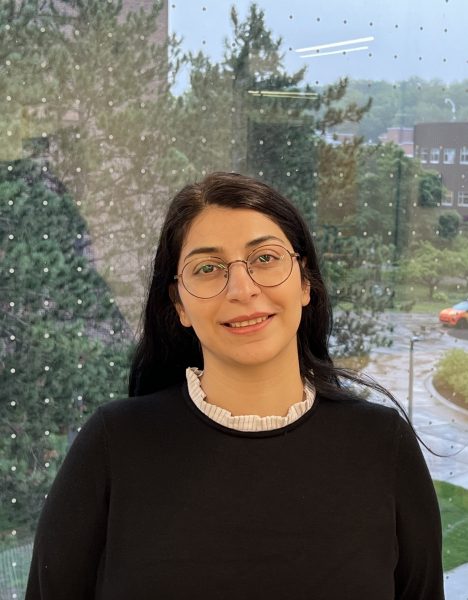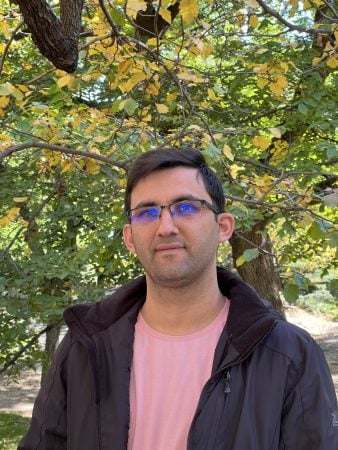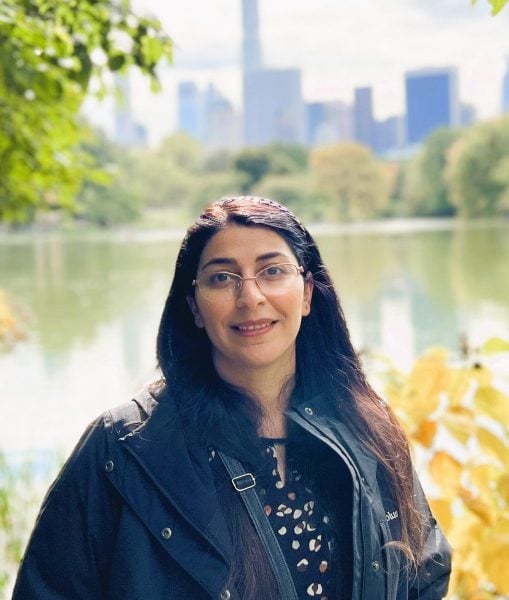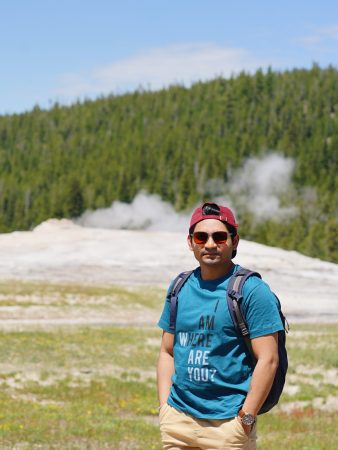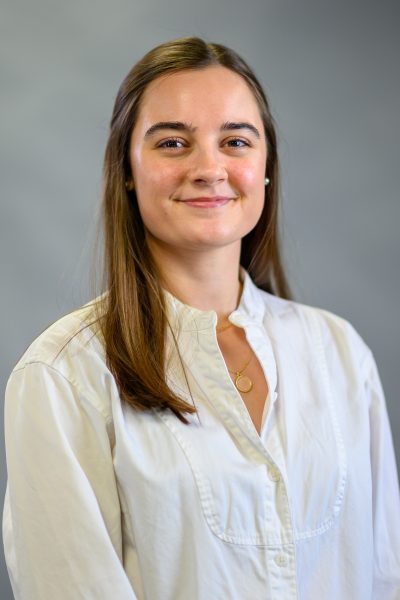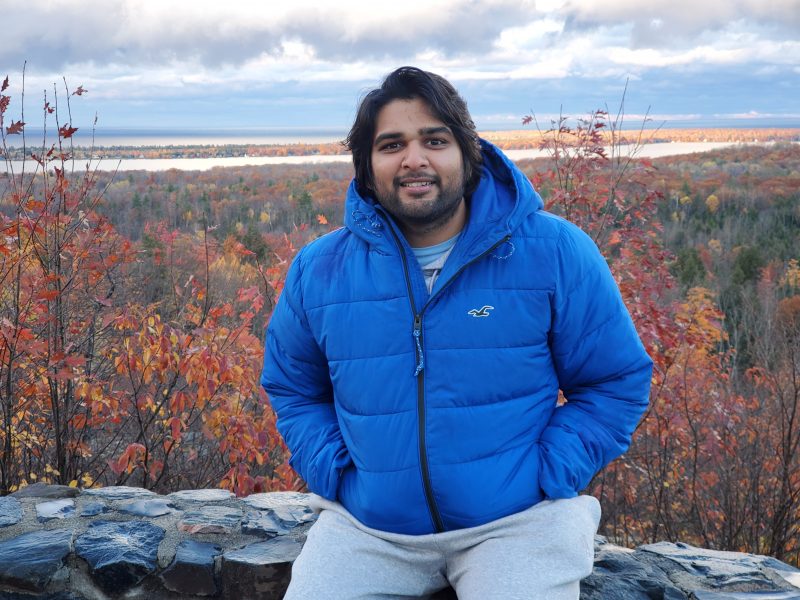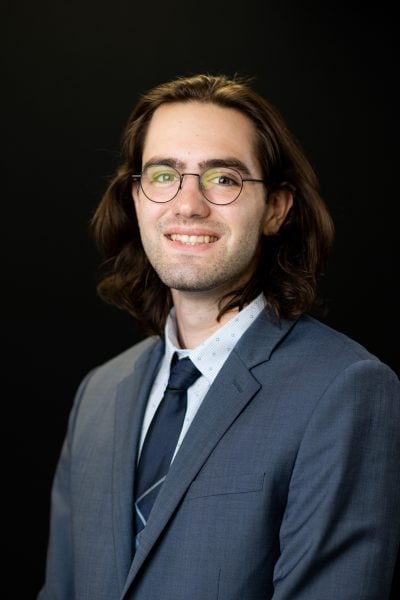
My journey at Michigan Technological University (MTU) began in 2015 when I attended the Summer Youth Programs Engineering Scholars Program. This transformative experience introduced me to the many engineering disciplines available at MTU and started my fascination with Biomedical Engineering. I vividly recall how excited I was to learn about the many ways biomedical engineers can make a meaningful impact in the world.
In 2016, I officially joined MTU as an undergraduate student in the Biomedical Engineering department. During my first year, I became a research assistant in Dr. Smitha Rao-Hatti’s lab, a role I held until my graduation in 2020. This early start in research motivated my passion for discovery and inspired me to pursue a Ph.D. in 2021 in the lab of Dr. Hoda Hatoum.
My doctoral research focuses on in vitro and in silico assessments of cardiovascular fluid dynamics, with the goal of understanding how cardiovascular diseases start and progress, and how effective some therapies are from a flow dynamics perspective. My work has primarily examined the performance of bioprosthetic aortic valves under various blood pressure states and the effects of atrial fibrillation and its treatments on left atrial flow dynamics. These experiences, especially leveraging a continuous interaction with collaborating cardiologists from all over the world, have solidified my commitment to advancing cardiovascular health through innovative engineering solutions.
I sincerely thank the Graduate School and the Graduate Dean Awards Advisory Panel for awarding me the Doctoral Finishing Fellowship. I am also deeply grateful to my advisor, Dr. Hoda Hatoum, for her guidance and support, which helped me grow as a researcher. I would also like to thank my lab members, collaborators, and the faculty and staff of the Biomedical Engineering Department for their continued support during my Ph.D. With this fellowship, I look forward to advancing my work and making a positive impact in the healthcare field.
